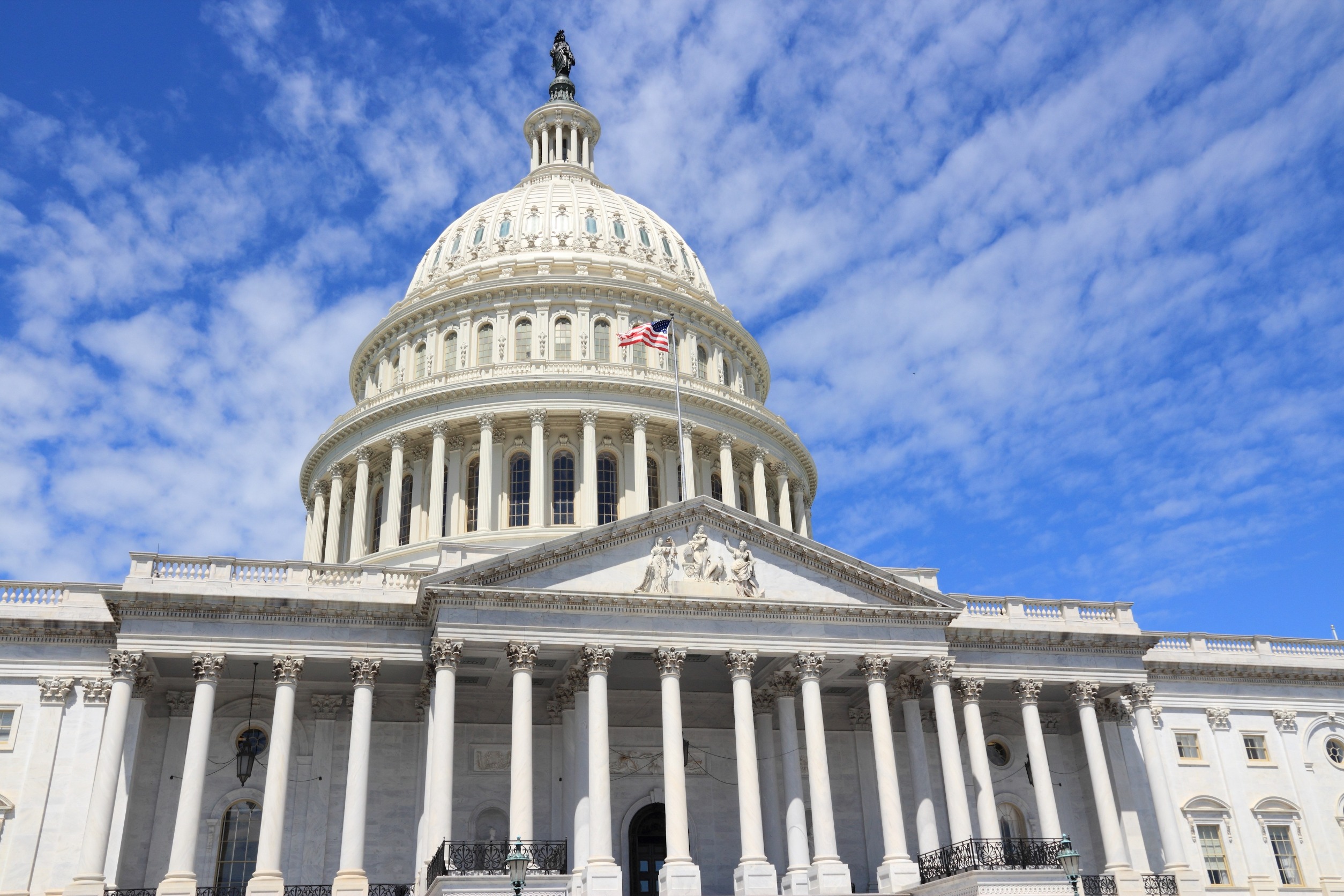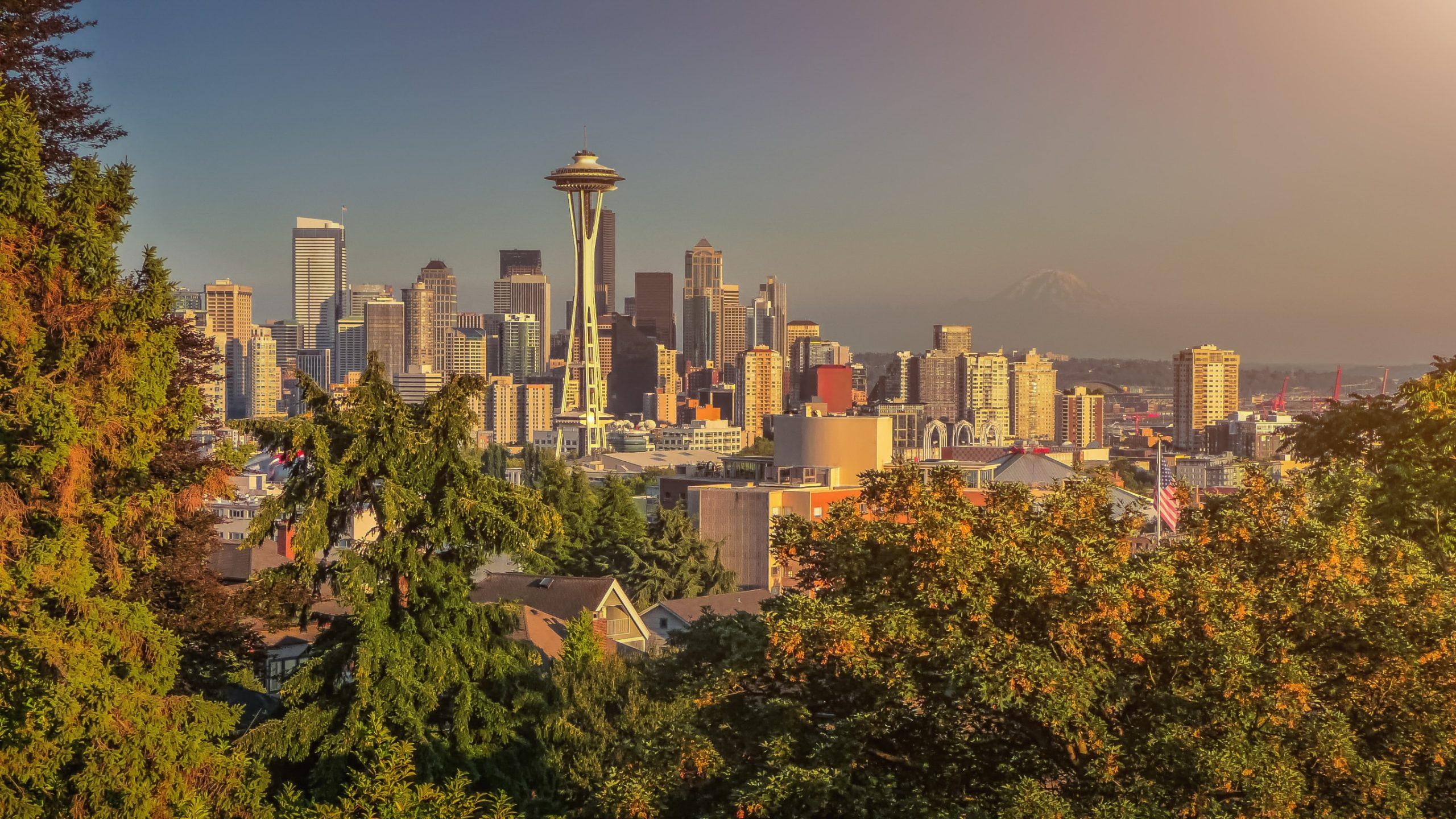It’s easier than health-care and financial reform, and would show voters that Congress can actually do something other than bicker.
Ali Noorani | April/May 2010 issue
The U.S. is facing a stack of problems that our political leaders are not eager to solve. Among them is the immigration system. What relevance does a broken immigration system have to most of us, who do not deal directly with it?
The United States is a nation of immigrants, and immigration is integral to our daily lives. We may not come into immediate contact with the issue, but if we go to a grocery store, the vegetables on display have likely been picked by immigrants. When we get in to our offices in the morning, the carpet may well have been cleaned by an immigrant during the night. The chips in our computers probably came from a company started by immigrants.
It is the constant mixing in of newly arrived strivers that makes the U.S. economy the largest and most dynamic in the world. The economy expands or contracts on its own. The immigration system, however, changes only through an act of Congress, and Congress last set the rules to meet the needs of 1990.
I should say the legal immigration system changes only by an act of Congress. In the mid- to late-1990s, and continuing through much of the last decade, the economy absorbed many more immigrant workers than the number of visas available for them. Now, approximately 11 million undocumented immigrants live in the U.S. Five percent of the work force is undocumented.
Sending these people home is not an option. According to a recent study by the Center for American Progress and the Immigration Policy Center, our economy would take a $2.6 trillion hit over a 10-year period if we did so.
Fortunately, we know how to solve this problem. Immigration policy experts call it “comprehensive immigration reform.” The fix comes in multiple parts.
First, we must align our legal admission system more realistically with the needs of our economy and of American families.
A mechanism must be put into place to adjust the number of immigrants allowed in each year depending on what the economy is doing. One proposal is to have a neutral commission that studies the needs of the economy and sets immigration quotas accordingly (with Congressional approval). Other stakeholders prefer simply letting supply meet market demand. Either way, an admission system that more realistically adjusts to the needs of a dynamic economy is better than having Congress set a cap and forget about it for 20 years.
Americans trying to bring family members to the U.S. face an enormous backlog for immigrant visas. Right now, a legal permanent resident may have to wait five or more years to reunite with a spouse or minor child. A citizen may wait a couple of decades to reunite with brothers and sisters.
Second, we must deal with the legacy of setting quotas 20 years ago and not allowing them to rise: a large population of undocumented workers. Immigration reform would set conditions by which these immigrants would show they want to become Americans and obey our laws. Those who meet the conditions would be allowed to stay.
Putting undocumented immigrants on a path to citizenship is a crucial element of good immigration policy. Right now, they work under terms set by employers who are cheating the system. Wages for all workers are depressed because there are unscrupulous employers who enjoy a large pool of workers fearful of being deported and more likely to keep their mouths shut rather than blow the whistle.
Once legalized, these laborers will be working under terms set by the law. This will raise the wage floor for all employees,—including native-born ones whose wages are kept artificially low because plenty of exploitable undocumented workers are available to disreputable employers.
Removing the fear of deportation will also encourage undocumented immigrants to invest in their skills—by, for example, learning English and training for better jobs.
The combination of moving these workers from the underground economy and allowing them to invest in their futures will, according to a recent analysis by the Center for American Progress and the Immigration Policy Center, boost our economy by $1.5 trillion over 10 years—from higher wages, higher consumption that supports more jobs and greater tax revenue.
Another major component of the immigration fix is enforcement. Realistic laws are easier to enforce. Enforcement schemes may include some method of checking to make sure a prospective worker is authorized to work in the U.S. (pilot programs for such systems are now operating). Enforcement will also include systems for making sure visitors do not violate the terms of their temporary visas and try to stay permanently. Such systems are already in the process of being deployed. The U.S. has spent billions of dollars on border security for many years, and that will always be a component of enforcement. With immigration reform, more people will be coming through legal channels with a visa, rather than through the desert with a smuggler.
Aside from being good policy, immigration reform is one issue that would allow Congress to accomplish something. Immigration doesn’t break down along strictly partisan lines. Republicans and Democrats came together in the Senate four years ago to pass a bill. (It wasn’t considered in the House.) Unlike some other issues the nation faces—health care, climate change and financial system reform, for example—the effort to reform the immigration system does not run up against entrenched economic interests. In fact, both business and labor have joined in coalition to support immigration reform, and are organizing with faith-based communities, progressive leaders and immigrant advocates across the country. Leaders of both parties who are concerned about the long-term survival of their party also realize they need to do a better job of attracting Latino voters, who will judge a candidate’s character based on his or her attitude toward immigration reform.
For all these reasons, immigration reform presents a golden opportunity for Republicans and Democrats to come together and show Americans that Washington can get something done.
Ali Noorani is the executive director of the National Immigration Forum, a non-partisan immigrant advocacy organization based in Washington, D.C.











